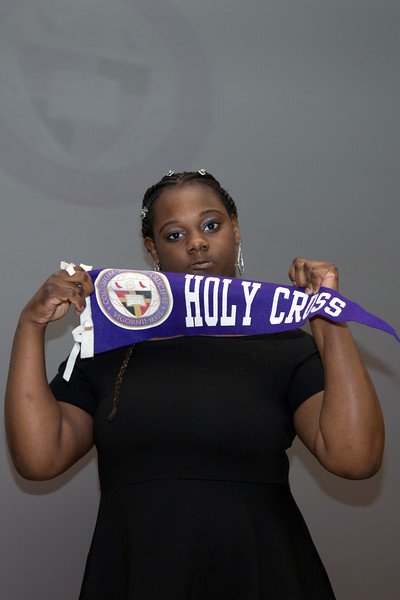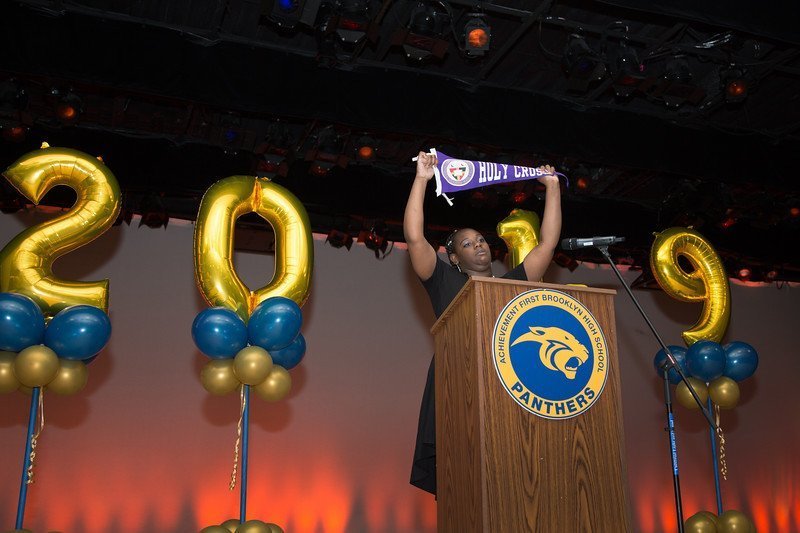I have always struggled to find my voice in a world that wouldn’t listen to me. Growing up with Dystonic Cerebral Palsy I would often hear, “ I don’t speak your language.” My peers shrank back at the idea of sitting next to me. Kids and adults alike would point at me like a zoo animal. Everywhere, over and over, I would hear: “She can’t do anything. She’s a waste of space. She can’t play the drums. She can’t throw a ball. She can’t jump rope. She’s retarded.”
I was so often misunderstood that I began to talk less. I became used to being isolated. I became used to being something that people pointed and laughed at when they were bored. I felt like I didn’t belong anywhere. I let myself suffocate inside a box society put me in. As a result, I started to feel less and less human until I began to live life on autopilot. I fed into the expectations that I wasn’t meant to be heard or seen. I could disappear and nobody would care.

In 11th grade, I was assigned to Speech and Debate class. During debates, I sat silently, waiting for class to go by. But my teacher insisted I talk. The whole class would sit in silence until I finally began to speak. Slowly, under the threat of earning a failing grade, I began to offer my opinions on everything from gun control to capital gains tax.
From there, I began working on an Original Oratory on my Speech and Debate Team about discrimination and the silencing of the differently-abled community. Through my speech, I dismissed all the stereotypes people had built about me. Instead of having to choose between being “inspirational” or “retarded.” I was able to paint myself as a regular person.
I have learned that you cannot control who hurts you, but finding your own voice can be your path to recovery. I hope to instill that in anyone who experienced trauma, especially to people who are differently-abled.
And while I want everyone to read my words, these next paragraphs are most directed at those kids who are like me.
I’ve found that not only do we internalize dehumanization, we normalize it. Now, how can we exterminate it? It starts within ourselves. From the day we are diagnosed we are expected to perform less than. I’m sure every special needs parent has been told the same speech: “Your child would never talk, go to school, and would be a vegetable their whole life”.
It’s time to change our mindset. Every time you hear that voice that tells you are a burden, tell yourself you are worth it. Remember accessibility isn’t extra work because it’s work towards equality. Once we work on ourselves it can allow us to build a strong community with one another. Let’s start supporting each other as a differently-abled community. Just because someone doesn’t have the same disability as you doesn’t mean you can’t relate to them.
When you see someone being ableist to you or someone else, don’t ignore it, correct it. And for the record, if you see a complete stranger who is also differently-abled, it’s not weird to say “hi.” In a world full of abled body people it’s nice to know that there is someone just like us.
Your voice matters. Mine allowed me to become New York State Speech & Debate Champion. Then, it took me to 11th place at the National Speech & Debate Association National Championship in Dallas, TX. Next, it’ll take me to The College of the Holy Cross. And someday, I’ll be an advocate for the differently-abled. You can do something great, too.
Sasha Bogan is a 2019 graduate of Achievement First Brooklyn High School.










